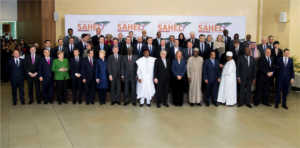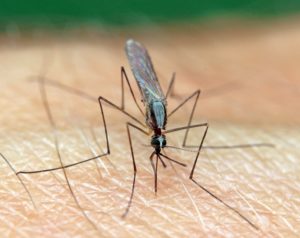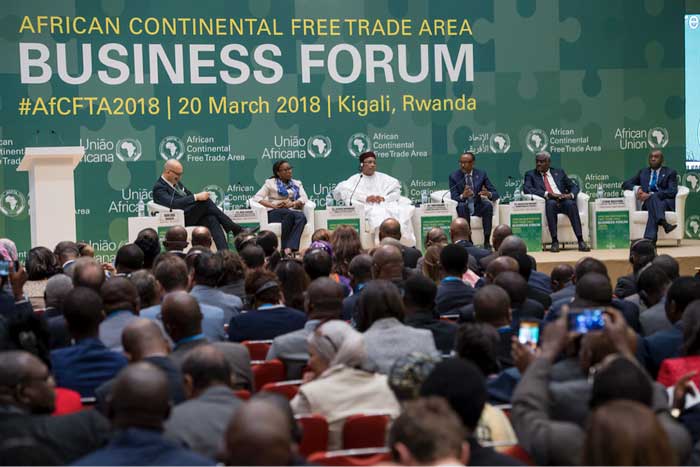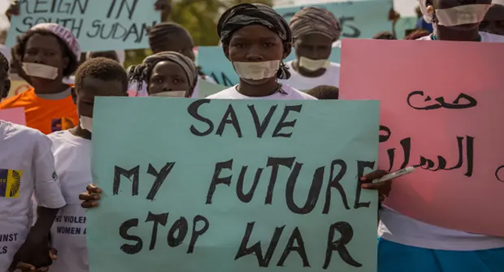
An Emerging Landscape of Terror in Mozambique: Implications for the Southern African Development Community
An Emerging Landscape of Terror in Mozambique: Implications for the Southern African Development Community Terrorists linked to Ansar al-Sunna Credit: STATEA USA. Dr. John Bosco Nizeimana, Research Fellow, Leadership & Governance Policy Lab bnizeimana@africacfsp.org This article analyses the current crisis in Mozambique and its implications for the SADC region. Since 2017, northern Mozambique has been experiencing terror campaigns led by ‘Ansar al-Sunna’, an Islamist armed group. Large numbers of civilians have been killed and displaced, and the crisis threatens to set the region ablaze. Despite the government’s attempts to defeat the extremists, the crisis continues to escalate. The Southern African Development Community (SADC) maintains “a






